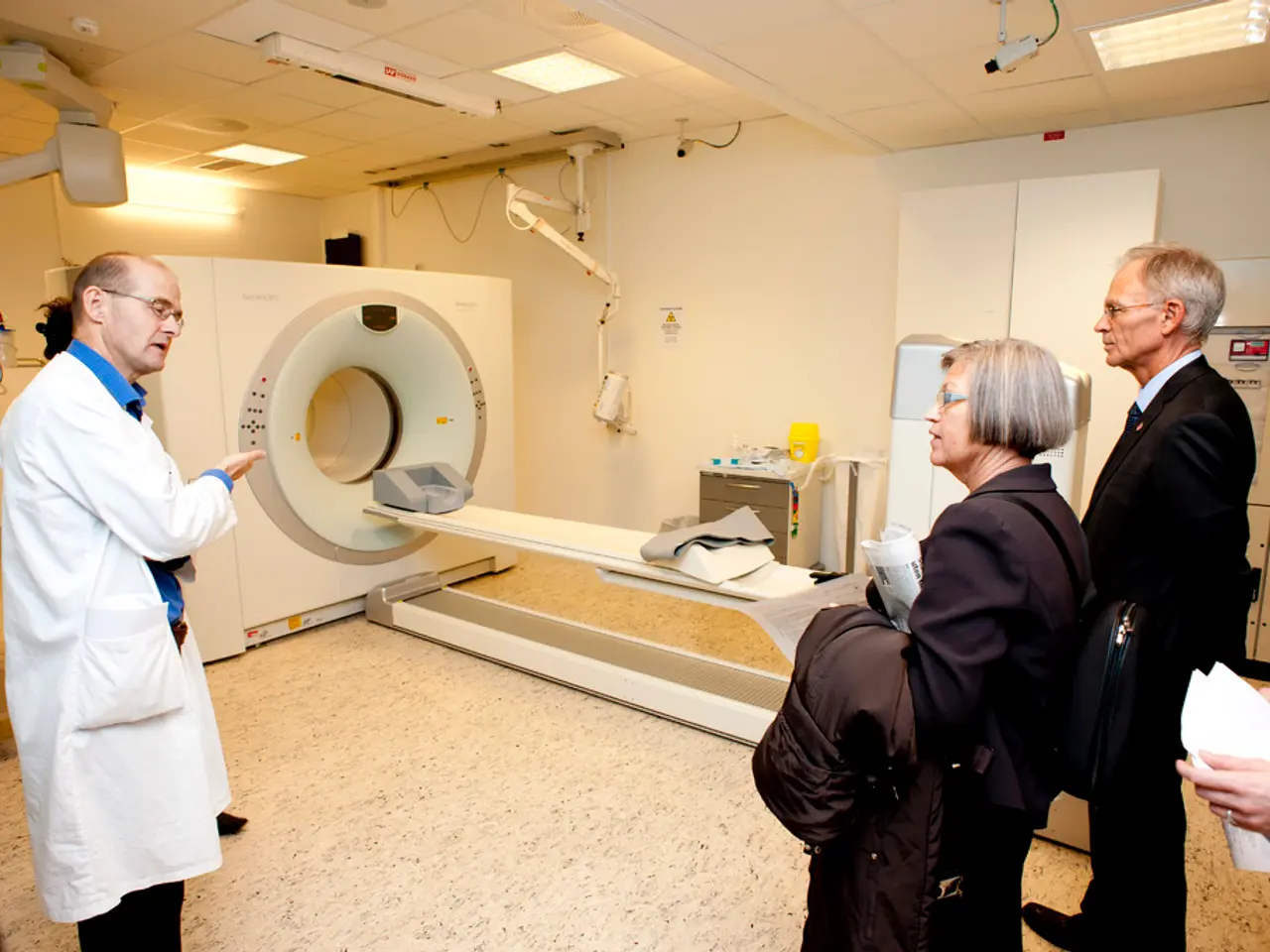Provinces forced to manage medical residency exams starting from 2026 following allegations of fraudulent practices
In a significant move aimed at creating more transparent and adapted processes for each health system, the administration and funding of medical residency exams in Argentina will be decentralized, according to a statement by Minister Mario Lugones. This shift marks the end of the 14-year-long implementation of the Unique Exam, a nationally organized tool for residency candidates.
The decision to take and fund the medical residency exams is jurisdictional, with each province now responsible for determining the type of doctors it needs for its population and administering its own entrance exam. This change comes in response to the scandal in this year's edition of the Unique Exam, which was marred by irregularities such as the filtration of test questions and answers and organized fraud.
The geographical and administrative diversity of Argentina's 23 provinces plus the Autonomous City of Buenos Aires, each with distinct health systems and resources, has led to varying needs and priorities in residency training. This decentralization allows provinces more direct involvement in medical education and residency selection, aligning with Argentina’s federal structure, where provinces manage many aspects of health and education.
While the National Ministry of Health historically held centralized oversight on medical residencies, the trend towards decentralization empowers provinces to tailor residency selection criteria and exams to local health challenges and service requirements. However, this change may also lead to potential disparities in exam content, standards, and competitiveness across provinces, affecting uniformity in training quality.
Each province will take its own medical residency entrance exam, with locally defined evaluations and criteria. The funding for residency scholarships will now be handled by the jurisdictions, not the Nation. The provinces have been responsible for health policy in their territories according to the National Constitution.
Minister Mario Lugones announced this change on his social media account following a meeting with his peers and agreed upon with the Council of Federal Health. The investigation into these irregularities is still ongoing. The National Ministry of Health has decreed that provinces will administer the exam for health personnel residencies starting next year.
This decentralization of medical residency exams in Argentina has been a gradual process, driven by the autonomy of provincial health authorities seeking control over medical education and residency selection to better align training with local health service demands. However, to obtain a detailed and up-to-date account with official data, academic papers, or government reports specific to the decentralization of residency exams in Argentina would be required.
- The shift in medical residency exam administration in Argentina allows for a more tailored approach to health and wellness, as each province can now focus on addressing specific medical-conditions and fitness-and-exercise needs of its population through therapies-and-treatments, such as CBD, in their residency training.
- The decentralization of medical residency exams in Argentina signifies a move towards greater health autonomy, with each jurisdiction responsible for funding and organizing exams relevant to their local health-and-wellness priorities, including scientific research and advancements in treatments.
- As a result of the decentralization, provinces will have the ability to create and implement their own medical-exam standards, potentially leading to a diverse landscape of fitness-and-exercise practices, medical-conditions management strategies, and access to various therapies-and-treatments, such as CBD.




